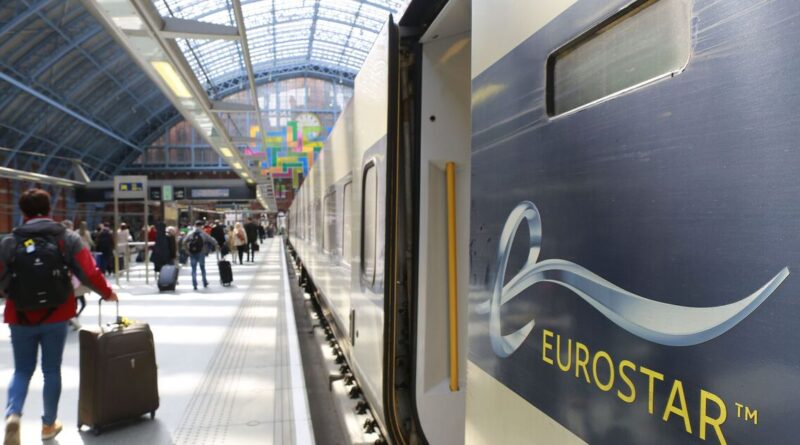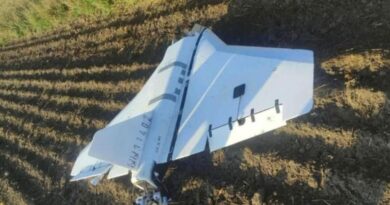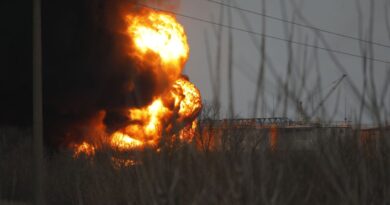Eurostar launches new double decker trains in bold £1.74bn move to compete with rivals | World | News
Double-decker trains are set to return to the UK for the first time in over 50 years as part of £1.74billion plans announced by Eurostar. The company said on Wednesday it will purchase up to 50 two-storey trains for use across its network, including between London St Pancras and Paris, Brussels and Amsterdam via the Channel Tunnel.
The fully-electric fleet will be named Eurostar Celestia, derived from the Latin word caelestis, meaning “heavenly”, as part of a £1.74 billion agreement with French manufacturer Alstom.
Eurostar chief executive Gwendoline Cazenave said the “milestone order”, which builds on the service’s existing fleet of 17 single-storey trains, is part of a wider “ambitious growth strategy” with the aim of reaching 30 million passengers per year, up from 19.5 million in 2024. The company has confirmed an initial order for 30 trains, scheduled for arrival in January 2031, with the option of adding a further 20 – potentially bringing the provider’s total fleet to 67 single and double-deckers. It comes at a critical point for Eurostar’s monopoly on Channel Tunnel travel, with four competitors preparing to launch rival connections between London St Pancras and major European cities.
Sir Richard Branson’s Virgin group, Trenitalia France, Spain-based Evolyn and Gemini Trains, which is planning to co-brand with Uber, have applied to the Office of Rail and Road (ORR) for access to Temple Mills depot, the only depot in the UK capable of accommodating channel trains.
The ORR is expected to make a decision on the depot’s future in the coming weeks, but the expansion of Eurostar services could have an impact on whether the other firms are granted use.
Eurostar, which is currently based at Temple Mills, has also lodged plans for a £70 million development of the depot to facilitate the new additions to its fleet. A spokesperson for the regulator declined to comment on how the expansion news might impact its judgment.
A limited trial of two double-decker SR Class 4DD trains was conducted for services in London between Dartford and Charing Cross in the 1950s and 1960s, but they were withdrawn in 1971 because they were considered too cramped and expensive to maintain.
The announcement also comes after Eurostar unveiled new routes to Geneva and Frankfurt from London, which are set to be rolled out over the next few years.
Henri Poupart-Lafarge, chief executive of Alstom, said the expansion of the railway provider’s fleet indicated a prioritisation of “technological performance, energy efficiency and passenger comfort”.
“This new-generation train, designed to meet the demands of international very high-speed traffic, embodies our vision of sustainable and competitive European mobility,” he added.





